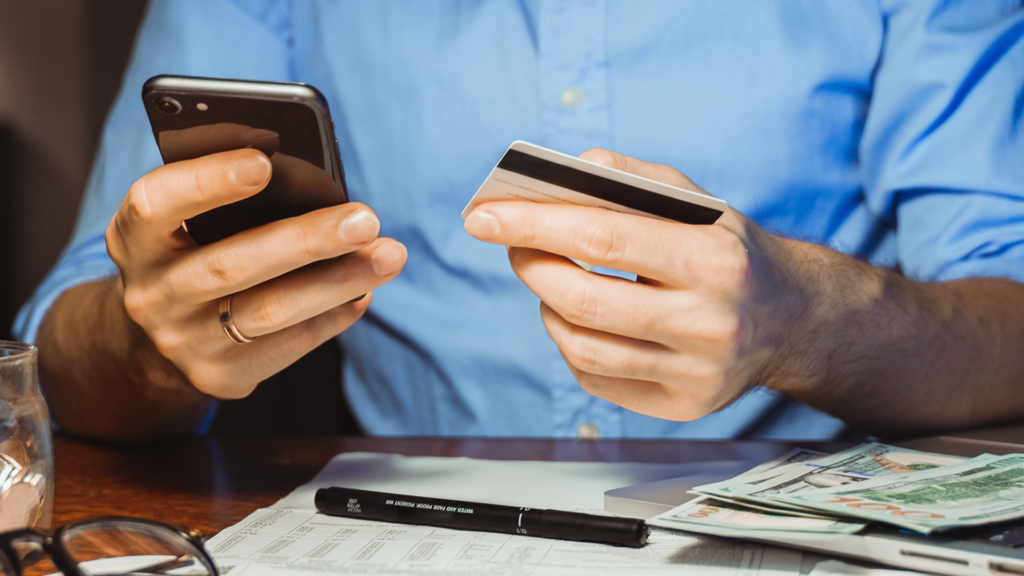I never thought I would be overstimulated when it comes to learning. Webinars, workshops, trainings, courses – all of these have been like a box of chocolates for me so far, from which I have enjoyed picking this and that out every now and then to savor. Meanwhile, the pandemic has caused a calamity in the birth of free webinars and all other forms of remote learning. There are so many possibilities that the day has become too short. Suddenly, a free webinar is no longer a raisin in the cake of improvement opportunities. Right now you can’t see the dough from under the raisins! How do you choose in this flood of further education opportunities?
A rational choice?
One would like to believe that we are making some kind of rational choice in this situation, but I would rather not count on it. According to Gallup research, we make about 70% of our decisions based on our emotions, and only 30% based on analysis. I write only, although a biologist friend who saw this 30% asked – that much? J So does Dan Ariely in “The Power of Irrationality,” where he proves that “from drinking coffee to losing weight, from buying a car to choosing a life partner – we constantly overpay, underestimate and procrastinate.” Nevertheless, according to the author, such behaviors are not meaningless or random, which makes us predictably irrational.

Irrational excitement.
Back to free webinars. We all seem to have experienced the magic of the word “free,” bought “two for the price of one,” or been tempted to get an extra portion of food from the buffet table, even though we were already more than full. It is known, getting something for free is nice. Ariely calls gratis an “emotional G-spot – a source of irrational excitement” that causes us to purchase products we wouldn’t even consider if they cost anything. Of course, if we wanted to buy the product anyway, that’s fine – getting it for free makes perfect sense. It’s worse if the free product competes with one that suits us better, but for which we have to pay. Then we often make the wrong decision. All in all, you might say, well, but what’s the point, after all, we haven’t lost a penny and we can always buy what we wanted all along.
Second pair free of charge.
Seemingly yes, and yet not quite. For example, suppose we bought inferior quality socks because they came with a second pair free of charge. After a few wears, it is clear that they are not good. They rubbed a little on the toes, the rubber welt also unraveled, somehow they do not “stick to the foot”. Well, but in the end, after all, socks are socks. Somehow they fulfill their role there. If we don’t like to throw away things that are “still good,” so much the worse. That is, in principle, better, because I think there should be more repairs, but in this case worse for your choice, because you probably won’t go back to the subject of higher quality socks until you wear out the complimentary ones. And even if you buy new ones, the complimentary ones will linger in your drawer for an age of ages, unless they are dealt with by some Marie Kondo.

Buying for free?
What’s so enticing about free? Dan Ariely believes that most deals have pros and cons, and when something is free, we forget about the downside. Perhaps we are afraid of loss? And choosing a free product makes it impossible to lose (because, after all, we pay nothing). However, do we actually pay nothing? According to the author, “buying free” is an oxymoron and we will pay for any freebies sooner or later. Take Museum Night, for example. Although entrance tickets to museums are not very expensive, during Museum Night everyone is much more eager to interact with art. As a result, there are huge queues everywhere, the halls are overcrowded, it is difficult to see anything, and certainly to watch with concentration and attention. We didn’t pay for the ticket, but we lost a lot of time and maybe even nerves.
In the case of free webinars, we also pay with our time. Time that we may have more of during the pandemic, but even if we do (as parents of school-aged children would probably disagree with this statement), it still has a lot of value. So it is worth considering “do we want to pay so much when we pay nothing?”.
If you want to know more contact us.